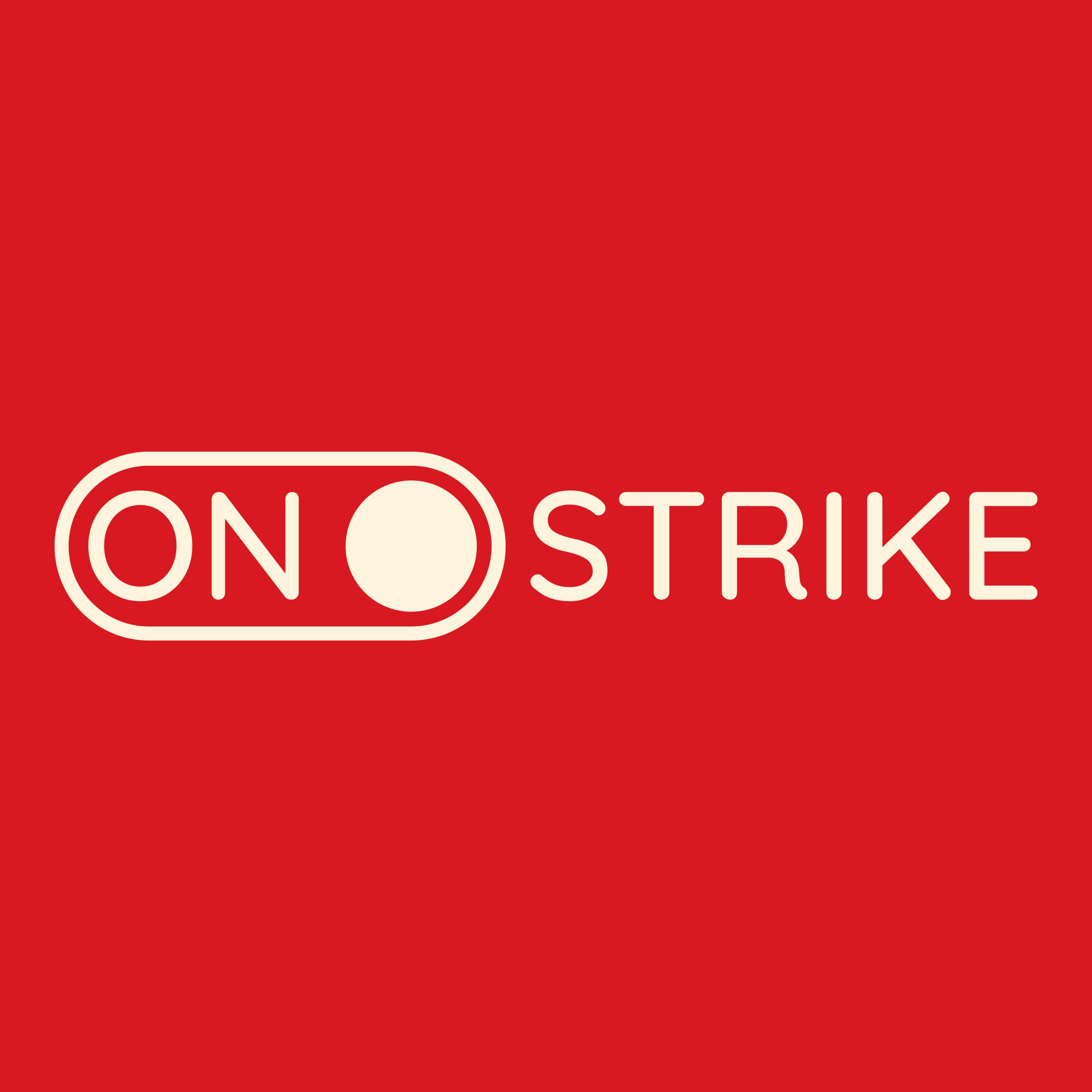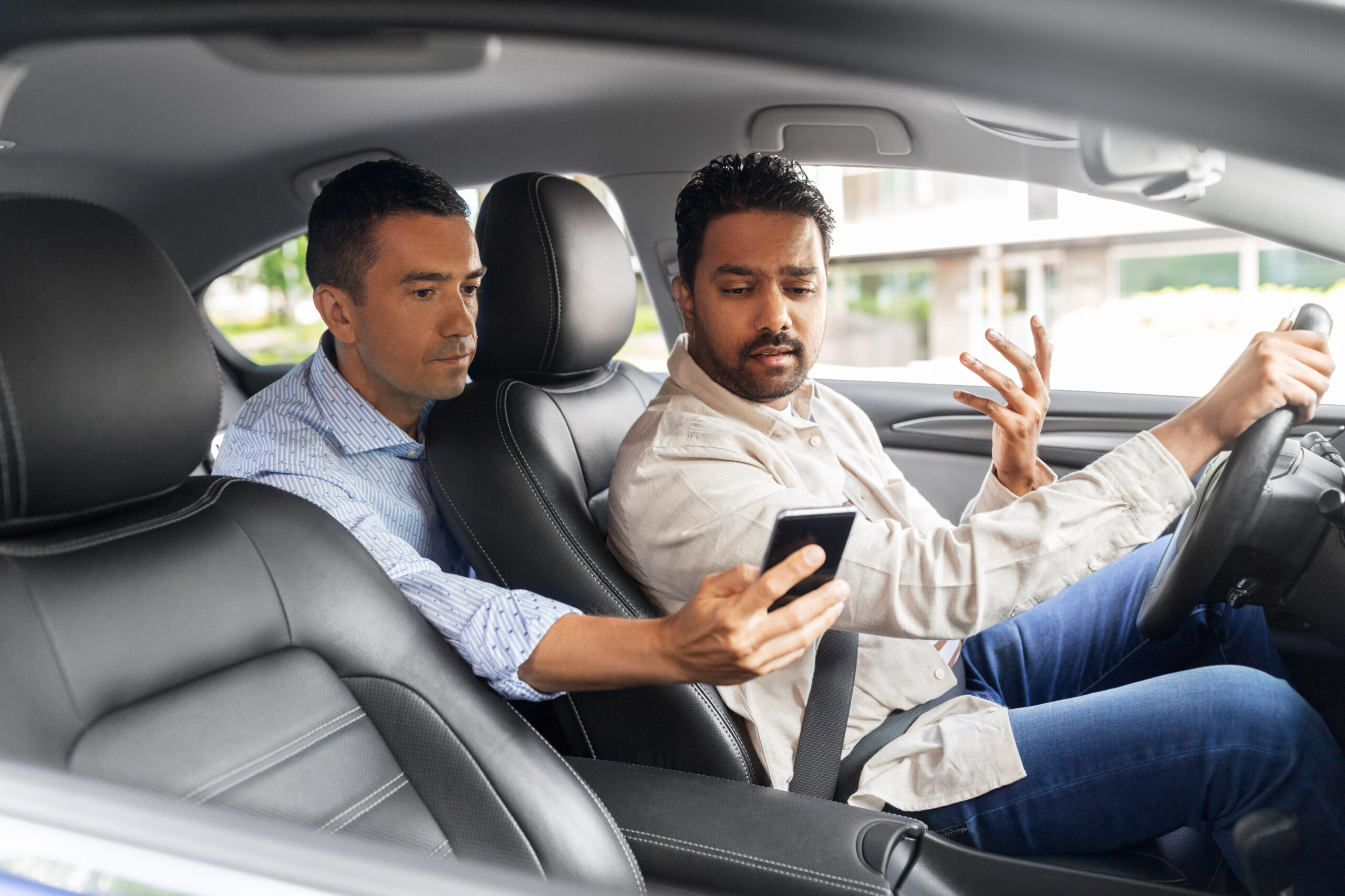Posts tagged DoorDash
A Fresh Look at the Independent Workforce with New BLS Data
November 27, 2024 // New BLS data reveal the size and growth of the independent workforce, preferences for independent work over W-2 employment, and key demographic and industry trends
Pa. bill would give Uber, other app drivers benefits, but critics say they would lose more
October 6, 2024 // For years, labor advocates like the NELP have challenged app-based companies’ assertion that their drivers are independent contractors, arguing instead that they meet the threshold of being full-fledged employees covered by state unemployment and workers’ compensation and potentially be eligible for employer-sponsored healthcare and other benefits. Companies like Uber have argued that drivers are contractors because they aren’t required to accept any specific fare, and many prefer the flexibility of working gig-to-gig.

Boeing Worker Side Hustles Could Drag Strike Out for Months
September 23, 2024 // But as workers stare down the embattled manufacturer for better pay and benefits, the 33,000 members of IAM District 751 have the full benefit of a tight labor market and gig economy that provides a quick transition into jobs that help make ends meet. That gives the union bargaining leverage, potentially frustrating Boeing’s effort to swiftly end a conflict that’s costing it an estimated $100 million each day. While the battle between one of the world’s largest exporters and its blue-collar workers may look like an uneven fight on its surface, Boeing finds itself in an increasingly untenable situation with its finances so dire that it can ill afford a drawn-out paralysis.
Commentary: California’s Unions Lost Their Long Battle Against Uber and Lyft
August 13, 2024 // The state Supreme Court unanimously ruled that ridesharing drivers can be exempted from California's crackdown on independent contracting.

Commentary: Kamala Harris Is Bad News for Gig Workers
August 8, 2024 // Though framed as an overdue deliverance for besieged workers, AB 5 was a gift to labor bosses who dreamed of organizing California gig workers, especially ride-share drivers, and who lusted after the potential dues they could rake in. It was also one of the most-detested laws passed in California in memory. There was no grassroots movement behind AB 5, no uprising among freelancers. It was a top-down scheme fueled by union agitation and then, like so many other lousy public policies hatched in California, unleashed across the country. AB 5’s impact was immediate — and ugly. Workers’ opportunities were narrowed. Many lost their incomes. Businesses faced higher labor costs, and entrepreneurs felt the chill of the dead hand of activist policy-making. The promise of the gig economy, expected to expand globally by roughly 123 percent over the next five years, turned bleak in California. With their businesses in the balance, Uber, Lyft, and DoorDash generously funded a ballot initiative, Proposition 22, that would classify “drivers for app-based transportation (rideshare) and delivery companies as ‘independent contractors,’ not ‘employees.’” Voters approved it overwhelmingly. App-based drivers favored Prop. 22 — four out of five said they were “happy” that it passed, 76 percent said it “benefits me personally,” and 75 percent recommended that lawmakers pass “similar laws in other states so drivers across the country can benefit.”
Editorial: App delivery minimum wage is shutting out workers and NYC lefties don’t care
July 16, 2024 // The cost to consumers is skyrocketing: They spent 10% more on deliveries in Q1 of 2024 than over Q1 2023. Which means customers are tipping less — the average tip amount is down by $2.64. And while the fewer couriers still working are earning more per hour on paper (that’s true by definition when a wage floor is legally established), they are likely working much, much harder for that extra wage.
Revised minimum wage law for delivery drivers moves forward in Seattle, set for full council vote
May 14, 2024 // The current law is “clearly not working,” Nelson said on Thursday. She said the new legislation is an “effort to reverse the bad outcomes caused by a flawed law and catalyzed by network companies imposing a new so-called regulatory fee, which caused a drop in customer orders, a drastic reduction in worker wages, and lost revenues for restaurants and other retail establishments.” Seattle’s citywide minimum wage for employees — delivery drivers are treated as independent contractors — is $19.97. Working Washington, a nonprofit that helped pass the original legislation in Seattle, released a report this week showing how the new ordinance would result in net pay of $13.17 per hour, due in part to expenses such as payroll taxes and mileage costs that drivers pay for on their own.

Fair pay for Uber drivers belongs on ballot, Massachusetts court suggests
May 7, 2024 // A group supported by Uber, Lyft, DoorDash and Instacart is promoting ballot initiatives that would establish that the companies’ drivers are contractors who are exempt from the state’s employment laws — which means that they aren’t entitled to minimum wages, overtime, paid sick leave, unemployment insurance or health benefits. Meanwhile, an initiative promoted by drivers would allow them to form a union and engage in collective bargaining. Both sides claim the other is trying to confuse voters and “logrolling” by combining unrelated provisions into one petition. The state attorney general’s office approved all the initiatives and found itself in the odd position of defending both sides in court.
Seattle’s new minimum wage rule undermining delivery drivers
April 25, 2024 // It’s not just restaurant owners who are being squeezed. So are drivers. Drive Forward Seattle, an app-based driver advocacy group, recently surveyed its members on the impact of the rule. A DoorDash driver identified as Marvin said, “I went from making $300 a day during the weekends to making $80 a day and that’s on a good day. It takes over 2hr to even get one order.” A driver named Sally told the advocacy group, “90 percent of the customers don’t tip since the app changed. So, they have to go back onto the app after the delivery, if they even remember to do so, in order to tip. That’s a big thumbs down.” The pushback has been so strong that the Seattle City Council has mulled repealing the rule altogether. Unions, who have struggled to organize the delivery drivers, have pushed back against the potential repeal, arguing that the wage system is working as intended.
My Congressional Testimony: Flexible Benefits for a Flexible Workforce
April 17, 2024 // My testimony today focuses on legalizing independent contractors’ access to fringe benefits. My three key points are: 1. Independent contractors lives would be enhanced if they had access to benefits. 2. States are experimenting with various portable benefits models so that workers care not forced to choose between structured employment with benefits or flexible work without benefits. 3. Federal policy can provide a safe harbor for state and local experimentation with these portable benefits systems.
